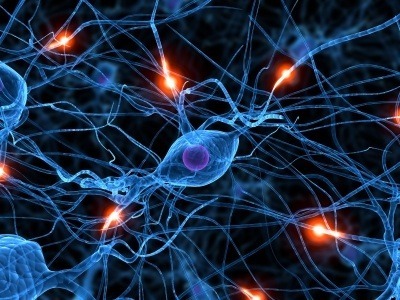Posts by SharpBrains
The Cognitive and Brain Fitness Benefits of Being Bilingual
The Cognitive Benefits of Being Bilingual (Cerebrum): “Today, more of the world’s population is bilingual or multilingual than monolingual. In addition to facilitating cross-cultural communication, this trend also positively affects cognitive abilities. Researchers have shown that the bilingual brain can have better attention and task-switching capacities than the monolingual brain, thanks to
Read MoreUpdate: New brain science leads to new tools and to new thinking
We often view memory, thinking, emotions, as completely separate entities, but they truly are part of the same process. So, if we want to improve brain health, we need to pay attention to the “weak link” in that process. In today’s society, managing stress and negative emotions is often that weak link, as we discuss…
Read MoreMedicare to update reimbursement criteria for degenerative diseases such as Alzheimer’s, MS, Parkinson’s disease
What Medicare Will Cover Even if You’re Not Likely to Get Better (The New York Times): “Should the federal government cover the costs of many kinds of treatments for patients who aren’t going to get any better? It didn’t, for many years. But after the settlement of a landmark class-action this week, Medicare will soon
Read MoreCan biofeedback-based videogames help kids regulate anger and emotions?
Video Game With Biofeedback Teaches Children to Curb Their Anger (Science Daily): “Children with serious anger problems can be helped by a simple video game that hones their ability to regulate their emotions, finds a pilot study at Boston Children’s Hospital. Results were published online October 24 in the journal Adolescent Psychiatry
Read MoreCombining non-invasive brain stimulation with cognitive training to treat Alzheimer’s Disease
Israeli medical device offers new Alzheimer’s treatment (Reuters): “According to Alvaro Pascual-Leone, director of the hospital’s Berenson-Allen Centre for Non-invasive Brain Stimulation, brain stimulation — or transcranial magnetic stimulation — involves a very low current applied to a specific part of the brain and
Read MoreCan brain training reduce cancer risk?
Penn Researchers Receive Major Grant to Explore Use of Brain Training To Help People Change Behaviors that Increase Cancer Risk (press release): “Most people know that smoking, a bad diet, and physical inactivity can lead to catastrophic personal health consequences, including cancer. Yet millions continue to smoke, eat poorly, and fail to get enough exercise. A…
Read More





